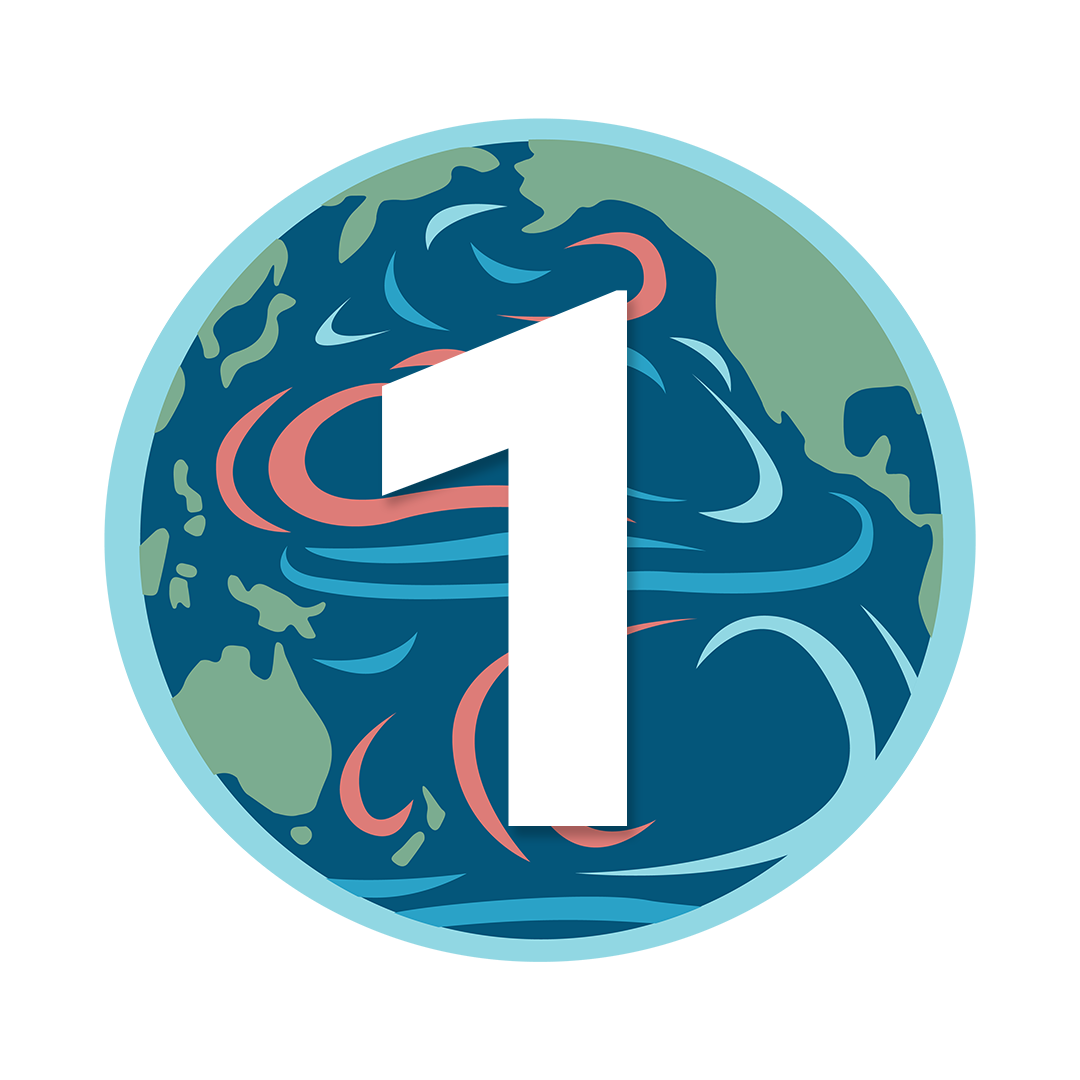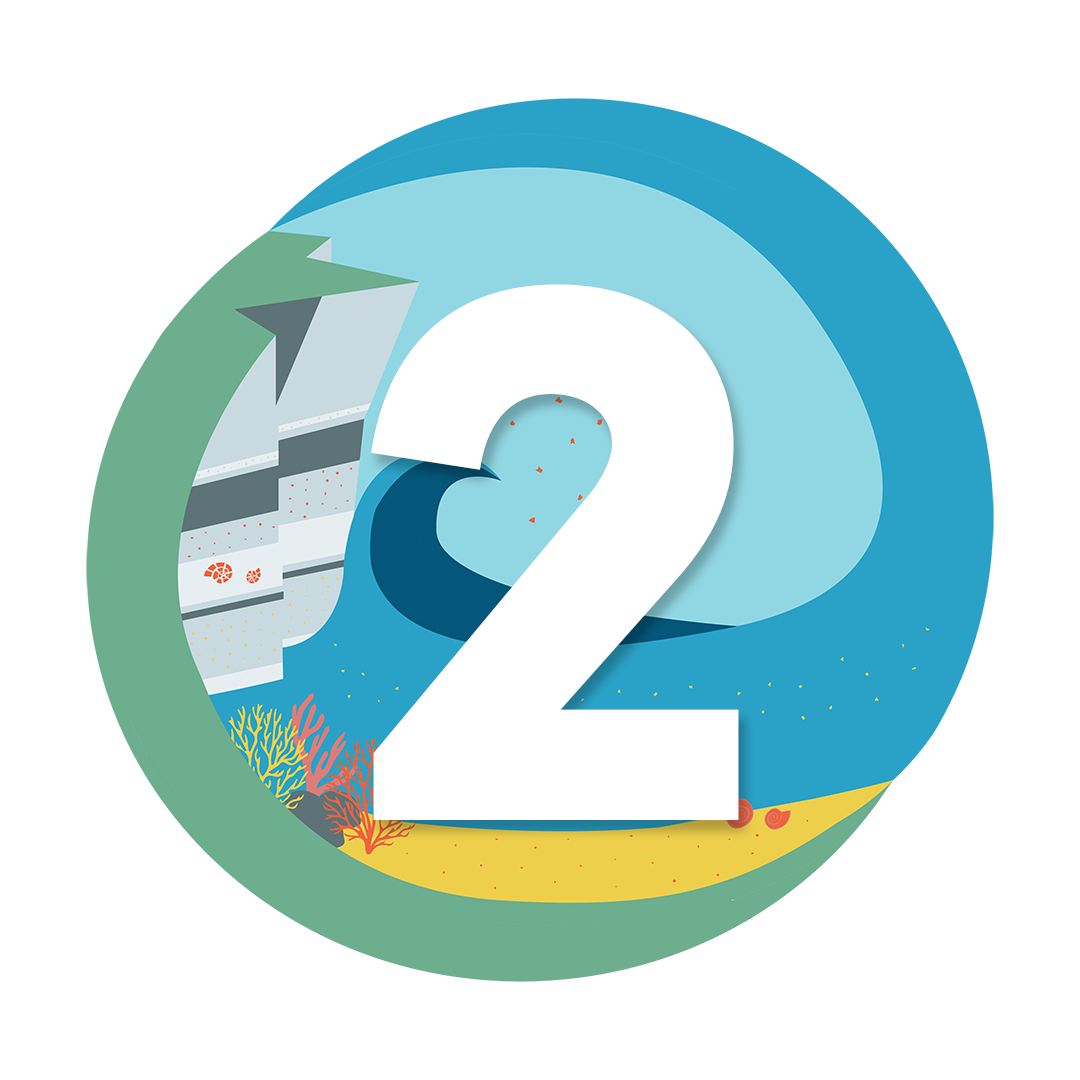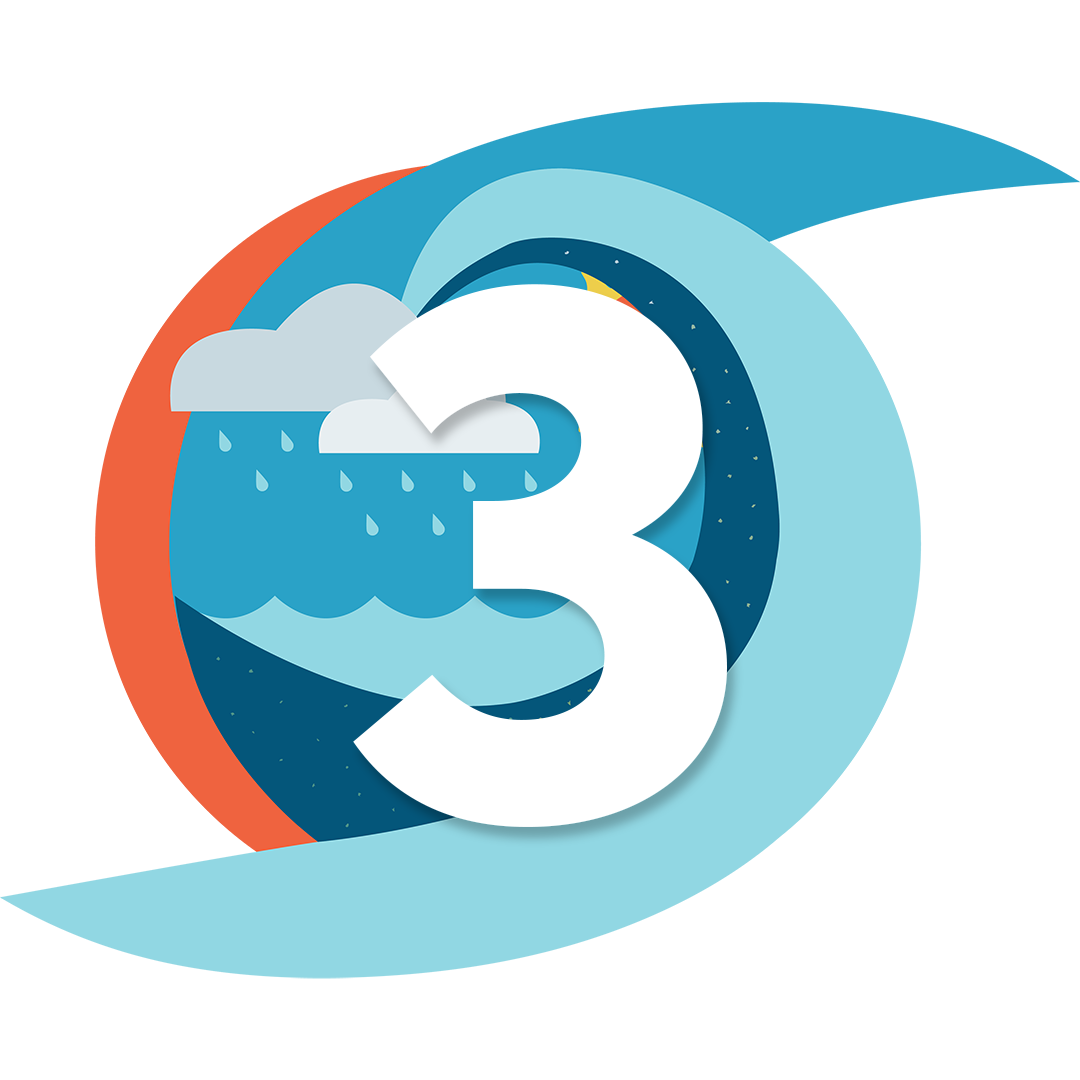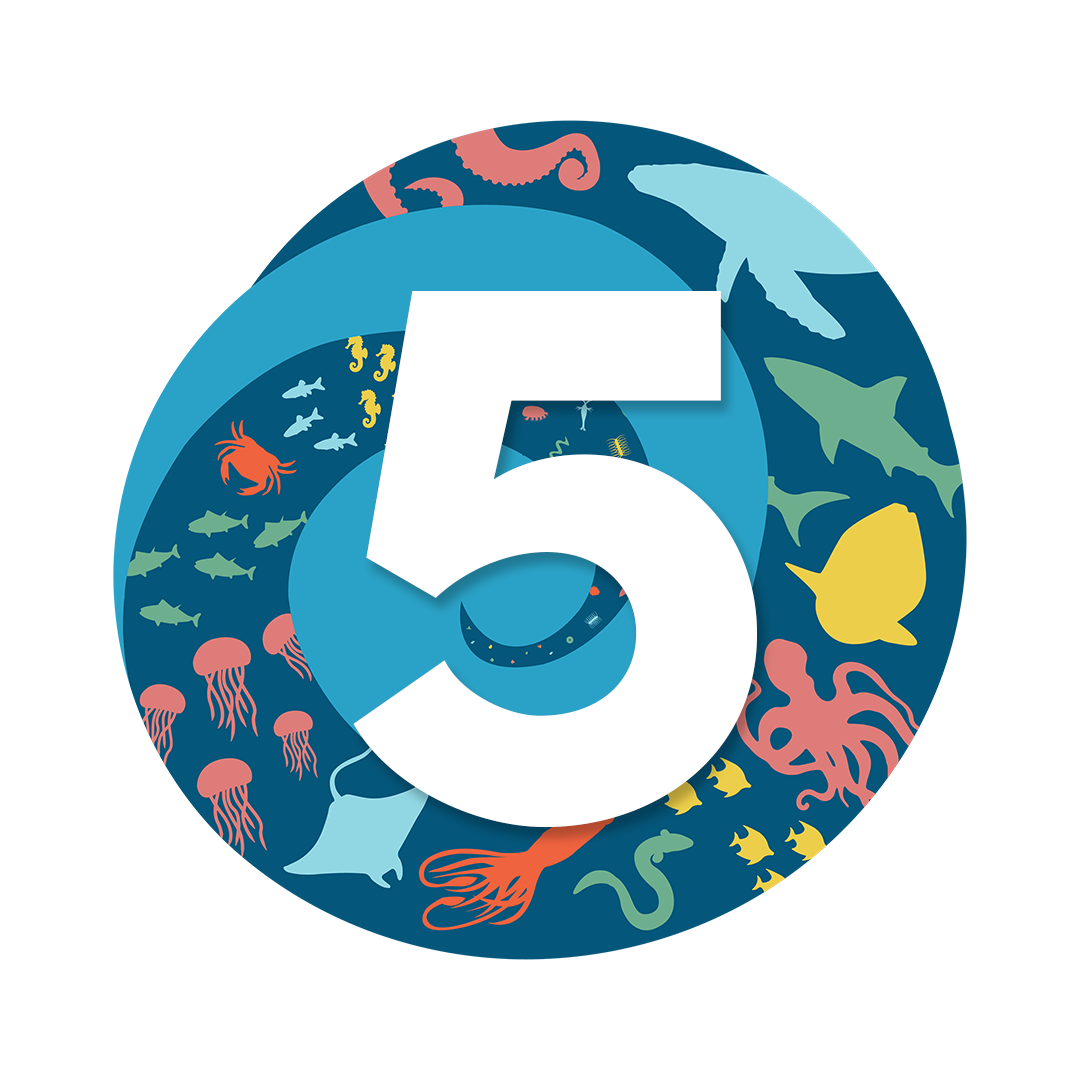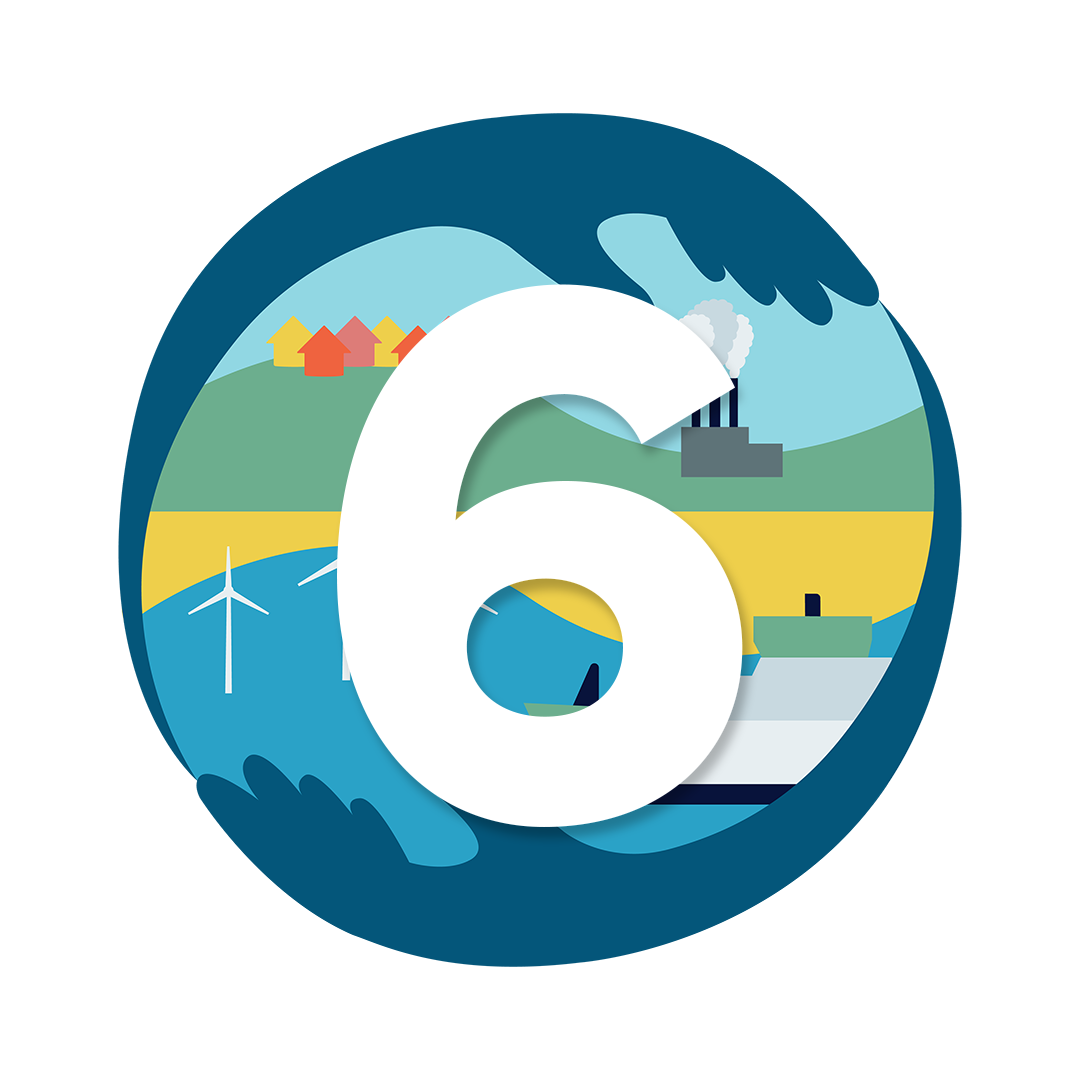The ocean is largely unexplored.
- The ocean is the largest unexplored place on Earth—less than 20% of it has been mapped, observed, and explored. The next generation of explorers and researchers will find great opportunities for discovery, innovation and investigation.
- Understanding the ocean is more than a matter of curiosity. Exploration, experimentation, and discovery are required to better understand ocean systems and processes.
- Over the last 50 years, use of ocean resources has increased significantly, the future sustainability of ocean resources depends on our understanding of those resources and their potential.
- New technologies, sensors and tools are expanding our ability to explore the ocean system. Scientists are relying more and more on satellites, drifters, buoys, subsea observatories and uncrewed submersibles.
- Use of mathematical models is an essential part of the ocean systems. Models help us understand the complexity of the ocean and of its interaction with Earth’s interior, atmosphere, climate and land masses.
- Ocean exploration is truly interdisciplinary. It requires close collaboration among biologists, chemists, climatologists, computer programmers, engineers, geologists, meteorologists, physicists, animators and illustrators. And these interactions foster new ideas and new perspectives for inquiries.


